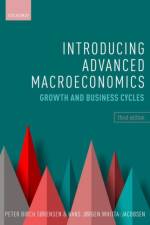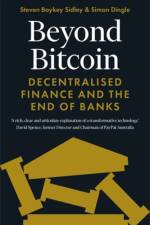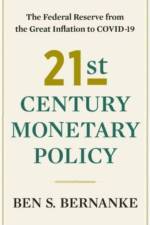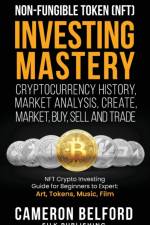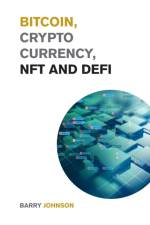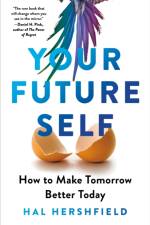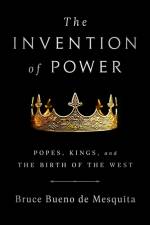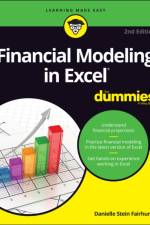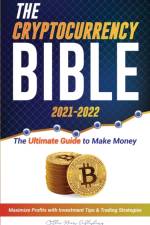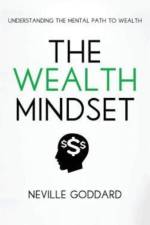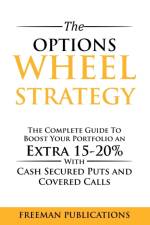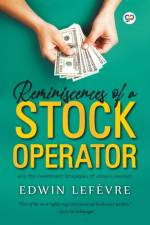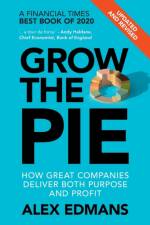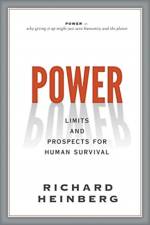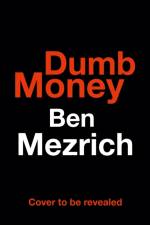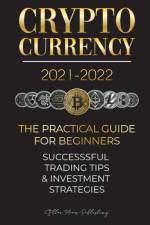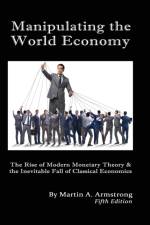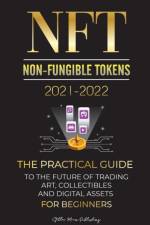- Foolish Lessons From The Best Stocks Of 2021
av Brad Koteshwar
441
What is unique to these top stock market performers? GameStop (GME) ran from $9.47 to $325 in 4 months. Riot Blockchain (RIOT) ran up from $2.64 to $71.30 in 7 months. Cassava Sciences (SAVA) ran up from $11.93 to $100 in 5 months. Plug Power (PLUG) ran up from $6.83 to $70 in 7 months. Moderna (MRNA) and Celldex Therapeutics (CLDX) also fell in the same category. During their runs, none of them ever violated an uptrend. What new set of stocks could offer similar trends and returns? If such additional stocks were to present themselves, would you make proper decisions? What is a good decision? If one examined the worst trading (or life) mistake one made, at that precise moment of making that decision one thought it was a good decision. Otherwise, would you have made that decision in the first place? What would it be worth in dollars if that big mistake could have been avoided? Decision-making is a skill that can be learned. With enough practice, one can excel in proper decision-making. The stock market is a perfect training ground to master this art. Where else is there real consequence that is easily and quickly measurable with every decision made? The author's outlook about stock trading is simple. "You do not learn to walk, talk and run by reading books. You learn by doing. No different in the stock market. Or life. Ninety percent of the knowledge in life is learned by doing, not by reading about doing." Reviews: "Wow, so good! And to think I spent thousands in tuition to the market, trying to learn!" - Jennifer G, Trader-In-Training "When a stock speaks, you should listen," should have been the title! Thanks for the watchlist of potential new gems! Now, I just need to learn to make proper decisions.---A. Greenberg, Master Chartist Of Over 40 Years "Thank you so much for presenting a book that made charts speak to me!"---Adam J. "Read and learn to build your own watchlist of potential winners! That watchlist in the book, very interesting!"---Larry F. "Well worth many-fold the subscription fees I pay for many stock-market services! Actual executable implementable knowledge in this book that can be used for a lifetime - it is priceless."---J. O'Neill About the Author: Brad Koteshwar began trading Foreign Currency futures and Treasury Bond futures in the mid-eighties. He started trading stocks in 1987 and promptly experienced Black Monday 1987 first-hand. Having started his market experience with a major trading firm of the 1980s, he went on to work for himself in the 1990s. Now, approaching the end of his fourth decade in the markets, he leads a simple and uncomplicated life and uses the same simple uncomplicated approach to his stock market evaluation and activity. Many years have passed since his last book. But the lessons and the methods have not changed. The subtle art of speculation has not changed. He says that is because human beings do not change their emotions when it comes to money. The messages in the charts are clear, if only you can observe.

